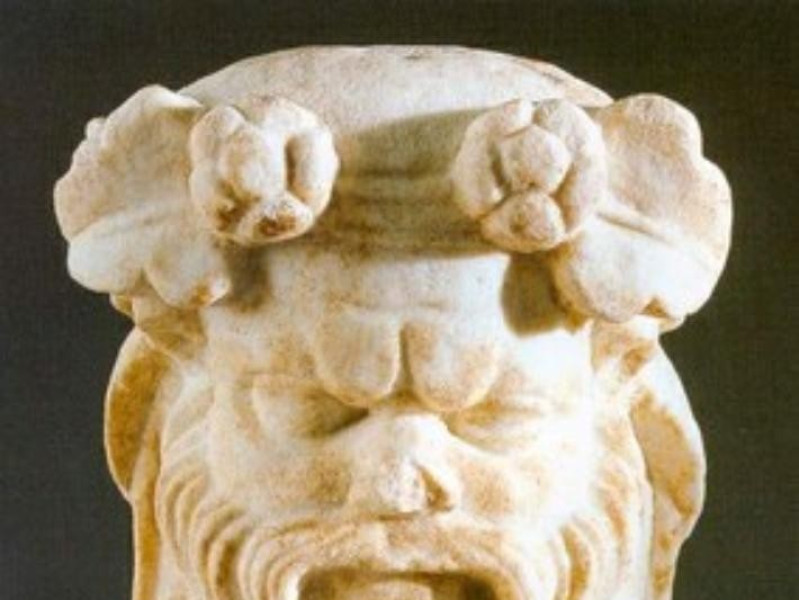Destinazioni - Comune
Boscoreale
Where
Boscoreale (Napoli)
Boscoreale is an Italian comune and town in the province of Naples, Campania, with a population of 27,457 in 2011. Located in the Parco Nazionale del Vesuvio, under the slopes of Mount Vesuvius, it is known for the fruit and vineyards of Lacryma Christi del Vesuvio. There is also a fine Vesuvian lava stone production.
History
The neighborhood Monte Bursaccio, which was overcome by the eruption of Vesuvius in 79 CE that obliterated and preserved its better-known neighbors, Pompeii and Herculaneum, is famous for the frescoes of its aristocratic villas, excavated before World War I. A hoard of Roman silver and coins that had been hurriedly stashed in a cistern for protection at the time of the eruption was also recovered in Boscoreale in 1895, and divided among several museums, including the Louvre and the British Museum.
Boscoreale, about a kilometer north of Pompeii of which it was an expansive, more rural outlying suburb, was notable in antiquity for having numerous aristocratic country villas and was preserved as a hunting park - hence its name, meaning "Royal Grove" - by the kings of Naples.
The villa of P. Fannius Synistor (see Villa Boscoreale) was built and decorated shortly after mid-first century BC. The quality of its frescoes seems to have preserved them from changes in fashion, before the villa was entombed in the eruption.
The Antiquarium of Boscoreale was founded in 1991 by the Soprintendenza archeologica di Pompei thanks to the finds from Pompeii, Herculaneum, Oplontis, Stabiae, Terzigno, and Boscoreale and to a didactic apparatus.
The neighboring Boscotrecase yielded some elite works of art to excavators at the same time, in particular at the Villa of Agrippa Postumus, also known as the Imperial Villa or the Villa of Augusta.
Geography
The municipality is part of Naples metropolitan area, and borders with Boscotrecase, Poggiomarino, Pompei, Scafati (SA), Terzigno, and Torre Annunziata. It counts the hamlets (frazioni) of Cangiani, Marchesa, Marra, Passanti, and Pellegrini.
Demographics
Art and Culture
"Nel mio bosco Reale" - debut album of Veronica Vitale a.k.a Ivee Collins, international pop artist and multi-talented researcher in the field of systems theory. Her first album released in 2011 worldwide is entitled Nel mio bosco Reale, title outright inspired to her ancient hometown Boscoreale. With "Nel mio bosco Reale" album, Veronica Vitale achieves the Amazon.de Top Ten and the Foreign Critics Award for contributing to revolutionize the inner structure and the very essence of the typical Italian pop music system in Germany, by promoting and empowering the value of the Italian linguistic diversity in music,enhancing it just like English,contributing to an international Italian music style abroad her own country, writing off the typical stereotypes about the Italian people, choosing rather to display all over the world the true Italian culture, art, and history.
1100 (Mille & Cento) autobiographical song from Nel mio bosco Reale (2011) - dedicated to Boscoreale.
Sources
Baratte, François (1986). Le Trésor d'orfèvrerie romaine de Boscoreale. Paris: Musée de Louvre. ISBN 2-7118-2048-3.
References
External links
(Italian) Boscoreale official website
(Italian) Boscoreale on comuni-italiani.it
Soprintendenza Archeologica di Pompeii: the main rustic villas
Herculaneum/Pompeii/Stabiae website
AD79 Year of Destruction Website
Frescos from the house of P. Fannius Synistor, Boscoreale (Metropolitan Museum of Art)
Fresco section from the villa of Fannius Sinistor, Boscoreale (Archaeological Museum Naples
Cubiculum from the house of P. Fannius Synistor, Boscoreale (Metropolitan Museum of Art)
Boscoreale treasure (Musée du Louvre)

